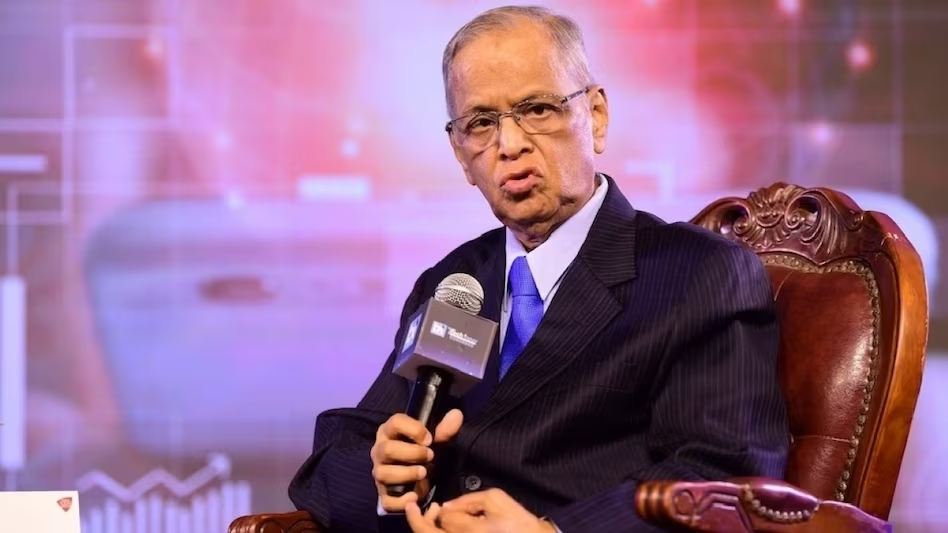
The deadly culture of workplace stress must change
text_fieldsThis is a time of extraordinary events and tragedies that the world is facing. Among them, the death of Anna Sebastian, a Malayali woman, which we learned about the other daq, is an extremely unusual case. Anna, a chartered accountant working at the Pune branch of the global corporate firm Ernst & Young (EY), collapsed and died last July. Information has emerged that excessive workload and consequent mental stress were the causes of her death. In a letter to the company chairman, Anna's mother recounts her daughter's struggles and mental pressures with heart-rending pain.
The letter was released by her colleagues to make the world aware of what was happening within the company. As Anna's death became a national topic of discussion, the central government has sought a report. The letter states that Anna was under immense pressure from senior colleagues regarding her work. She had to work excessively during day and nighht, and even on weekends, including after work hours and returning home from office. Though she excelled in studies, sports, and social activities, she was physically and mentally overpowered by the excessive work stress. The mother concludes the letter by saying this should lead to a new work culture in the organisation.
Friends have now revealed that Anna had to work approximately 16 hours a day. Following the mother's letter, the company, which has initiated an investigation, instructed the manager accused in connection with the death to go on leave. They also claim to have reduced the workload of employees and created a facility for them to openly express their difficulties.
The mother's letter, devastated by her daughter's death, paints a grim picture of the hardships faced by many working in corporate firms. For some time now, there have been allegations of severe exploitation of human resources in private finance and tech companies, particularly among the younger generation. While standard working hours were once from nine to six, they have shifted to at least from six to nine. With the advent of work-from-home, the situation has escalated to the point where work has become a 24/7 affair.
Increasing competition in the sector has forced employees to work relentlessly, disregarding their health in a desperate attempt to keep up. Those at the lower levels, whose sweat and toil contribute significantly to the company's profits, bear the brunt of the excessive workload and pressure. Over 40% of employees in the software sector report experiencing job stress. Even public sector banks, once considered to offer better working conditions compared to new-generation banks, are now overburdening their employees due to a lack of government recruitment. Labour unions in the banking sector have highlighted this issue. What more, even the frequent suicides and resignations among Kerala police personnel in recent times are primarily attributed to job stress.
Encouraging longer working hours is never advisable, as it leads to unhealthy lifestyles and eating habits, ultimately culminating in tragic consequences. It is also misguided to celebrate individuals like Narayan Murthy, a corporate owner who boasts about working 70 hours a week. Every commendation for working overtime promotes toxic positivity. Excessive working hours, inhumane behaviour by supervisors, lack of leave, fear of job loss, mental torture if one speaks out, and difficulty in finding employment elsewhere are just some of the challenges employees face. New entrants are particularly vulnerable to exploitation, with many compelled to endure excessive workloads and other problems in the belief that they can find better jobs after gaining a year's experience. It is the hope for a better future and dreams that motivate people to endure these hardships. However, not everyone can overcome these challenges and Annna, who succumbed to these pressures at a young age, is one such example. Her tragic demise should serve as a wake-up call to prevent similar tragedies.


























